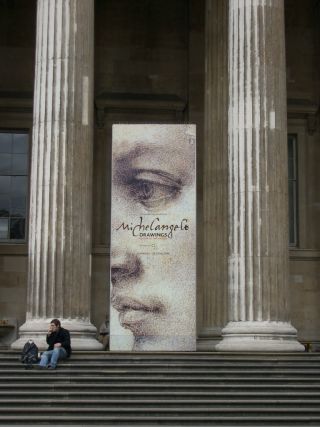Memory
Insights on Insight Impairments
Insight impairments in mental health and neurological conditions.
Posted February 7, 2023 Reviewed by Abigail Fagan
Key points
- Anosognosia in right hemisphere stroke offers one of the models to understand insight impairment.
- The loss of a representation of the “body schema of the mind” may underlie a lack of insight into mental conditions.
- Assessment of “lack of insight” may benefit from a broader perspective of impairments in reflective self-knowledge.
Insight impairment has been listed as one of the symptoms of some mental health conditions such as psychosis. It refers to a situation where the person may not be aware that he or she is suffering from a mental symptom, despite characteristic changes in behaviour and thoughts that are highly suggestive of an anomaly. One example is a psychotic disorder, in which a person who is experiencing hallucinations and delusions may not have the awareness that those experiences are hallucinatory or delusional, but instead may consider them as real-life experiences. Another example is that of dementia, in which the patient may not be aware of memory decline and has a tendency to discount memory failure. Lack of insight occurs not only in mental disorders but also in brain disorders such as right-hemisphere stroke. The failure to recognise the presence of a clinical condition has implications for help-seeking, leading to delayed treatment for patients.
Insight impairments have often been categorized into three components. First is an awareness of a change in experiences. The second is the attribution of this change to the underlying cause, and the third is the recognition of the need for treatment. Within this framework, we could ask what processes contributed to insight impairments in various psychiatric and neurological conditions.
The anosognosia model of insight impairments
In looking for mechanisms, there are important insights to gain from brain disorders with known lesions affecting particular systems. In one of the several models accounting for insight loss, the anosognosia associated with right-sided cerebrovascular accidents (strokes) offer interesting insights. Patients with a right-sided stroke often are not aware of their severe disability (not being able to move that side of the body). It appears that they are not aware of the disability because the representation of the right side of the body (body schema) has also been obliterated by the stroke. In other words, they are not aware that there is a right side to their body (hemineglect). As a result, the disability cannot be perceived. This condition reminds us that for awareness of change, there needs to be an awareness of the unchanged baseline state. Awareness of change will be compromised if the mental representation of the normal state is absent.
While it is not too difficult to conceptualise the representation of the body schema for bodily functions, it is harder to grasp the representation of one's mind in mental health. Indeed it is not easy to describe the representation of our own mind, against which we compare our current experiences, and from this comparison get some sense that things are not right. So perhaps like in a stroke, when a condition knocks out the functioning of this representation of our mind, we would be compromised in our ability to recognise that there is a problem.

The confabulation model of insight impairments
Another closely-related perspective for the brain to recognise that there are things amiss is in the phenomena of confabulation. In confabulation, the subject expresses some often very odd statements when confronted with a question to which they do not have information to answer (for example due to memory loss). Instead of acknowledging they do not have the information, they come up with any information to fill the gap and do not recognise the fact that they do not have sufficient information. This unawareness in confabulation also suggests that on top of a missing function, we require an additional failure to be aware that what is expected is absent. This insight is relevant to understanding the phenomena of insight impairment.
Insight as reflective “self-knowledge”
Stepping back, loss of insight as a symptom of loss of a function may not be appropriate. For example, psychiatrist Karl Jaspers describes related phenomena in the context of “self-knowledge” in his General Psychopathology. This broader perspective is perhaps more appropriate than considering the lack of insight as the loss of a previous function. This perspective is important in that it does not take for granted the prior presence of self-knowledge. The problem of self-knowledge is naturally of paramount clinical significance. A process that compromises the capacities of self-knowledge produces not only a loss of function but also reduces help-seeking. This double insult underlies some of the most difficult challenges in the management of mental health conditions.
References
Jaspers, Karl (1913/1963) General Psychopathology (English translation), Manchester University Press


